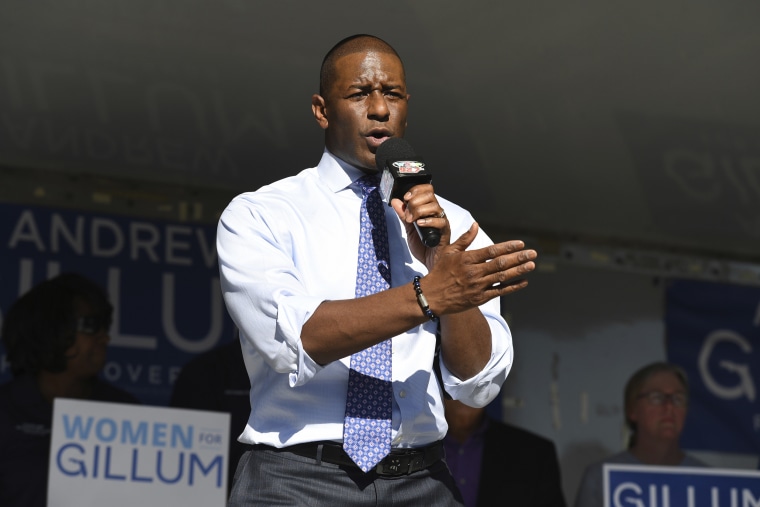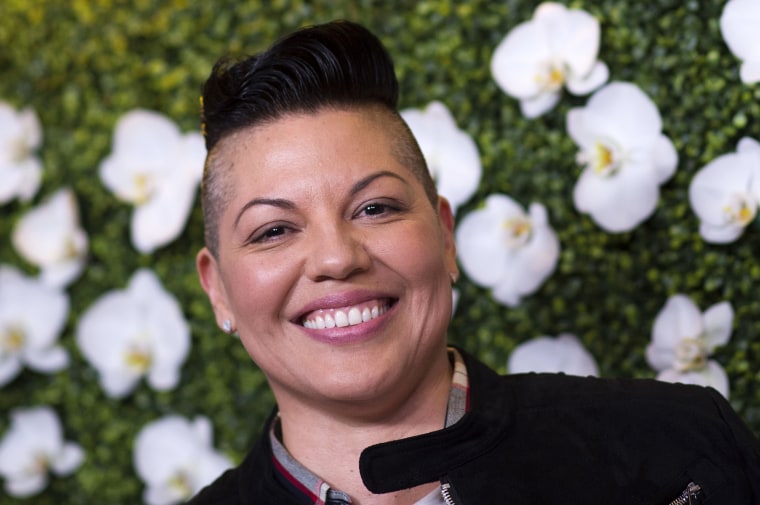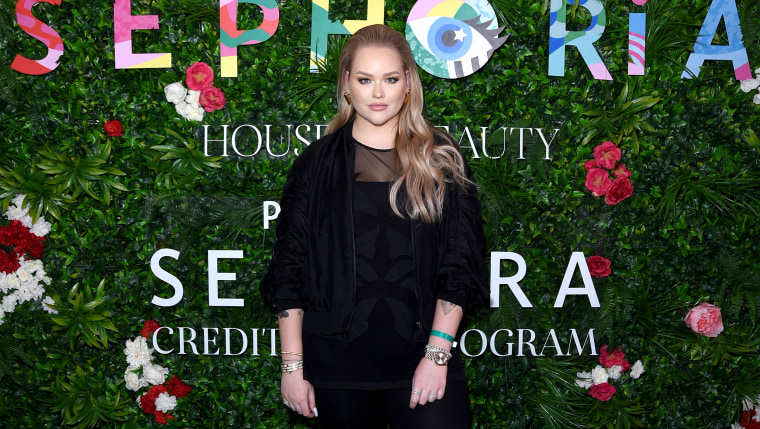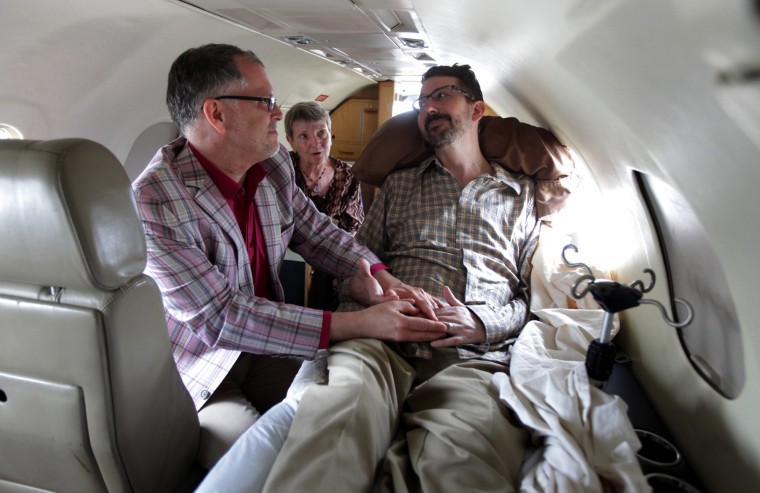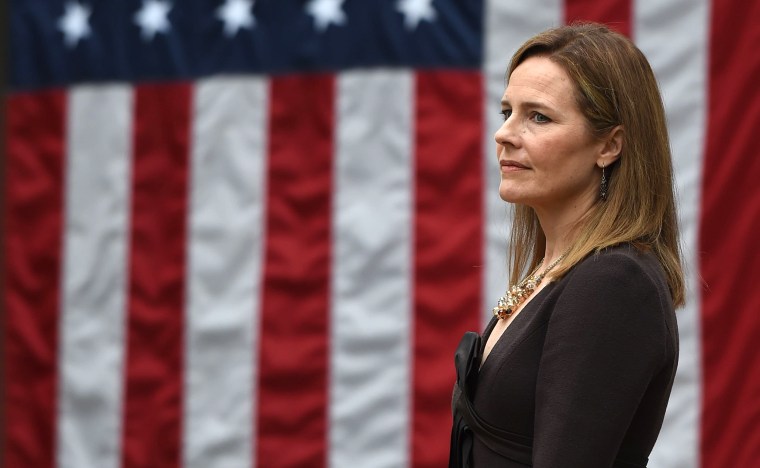Journalist Drugged and Harassed during Campaign of Abuse from Chemsex Group
Freelance journalist Alan has been subjected to a sinister and coordinated campaign of sexual assault and threats on his life for years, perpetrated by an underground chemsex ‘mafia’.
Based between France and Northern Ireland, Alan’s life slipped into mayhem and the macabre when a hook-up that turned into assault dragged him a years-long “vendetta” that has placed his own life, as well as the lives of his children, on the line.×
Members of a “Satanic” chemsex sexual assault ring, who frequently use the “social networking website” NastyKinkPigs, first conspired to deliberately infect Alan with HIV – or “poz him up” – back in 2011, he alleges.
Several years later, one of these same men rammed a knife inside of him. After both incidents were reported to the police, Alan sent out an alert to Grindr users in the Crumlin area to warn of these sexual predators.
Days later, he was informed he had been singled out to become the subject of a vendetta, simply because he had warned others, which would start two years down the line so he would not be able to link who was behind it.
An onslaught of perforation attempts, sexual assaults and even robberies tallying at least 21 in total has unfolded in the years since the vendetta began against the now 52-year-old.
In the last two years especially, members have dialled-up their apparent deluge of attacks: inserting drugs without his consent anally, live-streaming sessions without his consent and injuring him with various household tools, nail files, lemonade bottles pushed into his colon, toothbrushes, sharpened dowelling rods, often disguised as innocuous objects, such as pencils or mountaineering equipment.
“It’s a national scandal that the queer community lives in fear of sex predators and feel they cannot speak up,” Alan told PinkNews.
“It’s been difficult to live through, but I’ve had to see these injustices as tasks to report on. I’ve had to speak out to make this useful for everyone else.
“I’ve avoided injury by refusing drugs and sometimes due to the receipt of insider information from other members of NKP,” he said, adding that he would alert PinkNews of any further incidents.
Some of the UK’s top police inspectors and probation officers told PinkNewsthat the criminal underbody of chemsex is vast. A drive for “power” emboldens those with sinister intentions to manipulate those they deem “vulnerable” by “weaponising” drugs and dating websites.
Chemsex consumes the lives of many, police said, and victims are left “traumatised, their lives changed forever” by not only sexual violence but also “robbery, theft, actual bodily harm, grievous bodily harm”.
These attacks are rarely carried out in isolation and single offences often impact as many as 70 people at once.
A chemsex ‘mafia’ has targeted Alan – injuring him, stalking him, threatening his family – for years.
Throughout the alleged attacks, which have occurred in both Northern Ireland and England, where he lived from December 2018 to April 2019, Alan described uncovering a dense web of assaulters all connected to one another and whose members litter the UK.
attacks as they are live-streamed – while scores of users on kink websites wait to watch the impending violence.
Comparing the ring to a “mafia”, Alan described how he experienced a torrent of targeted plots of sexual abuse – many of which occurred while he was incapacitated on drugs he had not consented to during chemsex sessions – which have, on several occasions, curdled into plots to rip his insides or murder him, as well as threats against his family if he were to ever speak out.
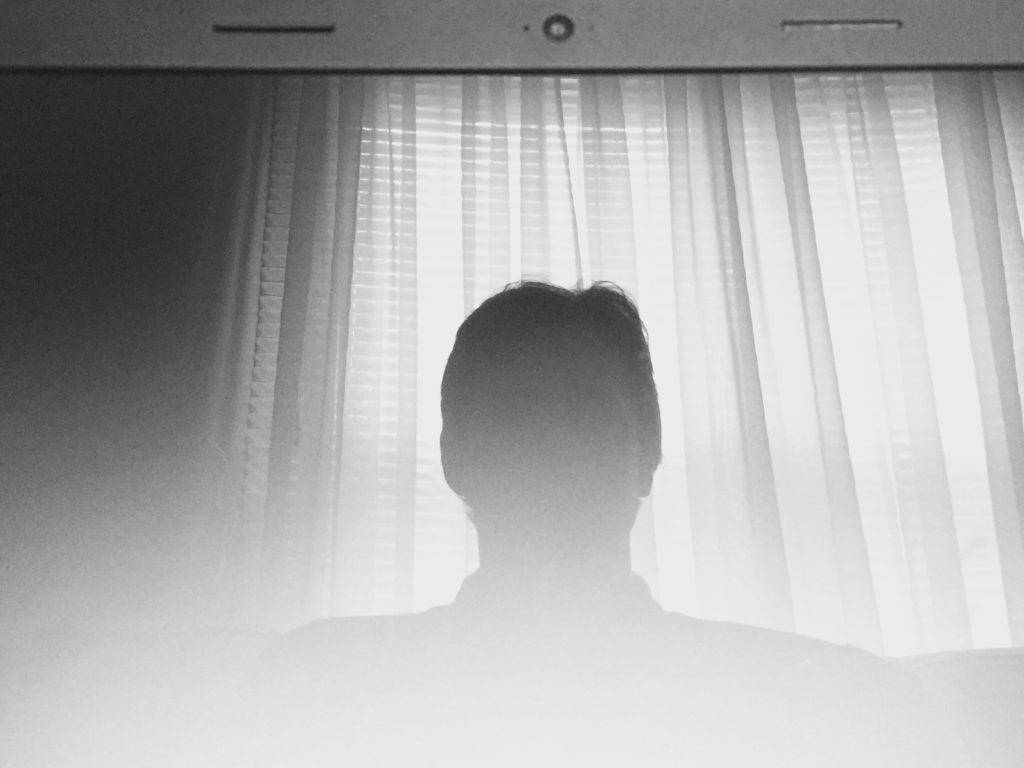
Alan showed PinkNews dozens of chat logs with various online members allegedly involved in the ring, as well as tip-offs, hundreds of texts and WhatsApp threads, video footage of him being drugged during sessions, photographs of the tools allegedly used to injure him as well as email reports filed with law enforcement over several years.
All forming a patchwork of a depraved network that wields the at-times crooked playbook of chemsex – typically male sex parties fuelled and facilitated by a cocktail of drugs – as a smokescreen of sorts for malicious people to stream the now vulnerable without their consent.
Viewers, he said, cheer the perpetrators on, jockeying with one another for their twisted way to harm the victim to be carried out.
In speaking out, Alan hopes to expose the fault lines of a certain criminalised subsection of chemsex in making their playbook public and encourage more victims of chemsex-related violence to speak out. “Queer men up and down the county are living under intimidation and I’ve uncovered the network.”
He has been told by members he was targeted, in part, for raising awareness of a sex predator as well as a drug dealer being raided, and because he has high-functioning autism, “and those with a disability are seen as easier prey,” he said.
To transmit HIV to someone is to ‘score a win’ in the ring, victim says.
“I had been married for more than 20 years,” he said, “and after my marriage ended, I thought I would explore [my sexuality]. I was never a regular drug user, but was supplied at these venues purely to incapacitate me”
In his explorations, he soon had his first encounter with the group – a man in Crumlin, a small town in Northern Ireland, he said, who was a member of NastyKinkPigs.
The sounds of nearby rivers babbling while joggers ran down the spindly trails that lace around the leafy town, Alan travelled to meet him in a red-brick apartment complex.
The man, alongside a friend, drugged and pinned Alan down. “He removed his protection that I had insisted on and ejaculated inside me,” Alan said, “and his friend, use a needle to abrade my insides in order to potentially infect me with HIV.”
Months later, Alan met Steve (not his real name), from a nearby village, who asked to be his boyfriend. While in a “drugged stupor”, Steve revealed he knew of the assault – the two men were his friends who “knew exactly what they were doing”.
He admitted that to intentionally transmit HIV to someone – a criminal offence in the UK – is to “score a win” in the group. “These men keep a logbook of the number of people they transmit HIV, hepatitis C and syphilis,” Steve told Alan, “he told me they were part of a web-based community hosted on NastyKinkPigs where the spreading of diseases is considered, by some, to be a kink.”
Following another attack by the man based in Crumlin several years later, in which he rammed a knife inside him causing him to be hospitalised, Alan, in consultation with the police after filing a report, took to Grindr to warn locals of the assailant’s actions. The message was vetted by police in Antrim, Northern Ireland, he said. Alan says reporting the attack would lead to two drug dealers in Glengormley to be raided by authorities.
A few days later, Steve would go on to tell him that he had been “singled out for what he called an ‘NKP vendetta’.”
One of the ringleaders of the attacks, Alan alleged, is someone whom he met around this time, Eric (not his real name).
“The greatest rush he gets is from tearing someone’s insides,” Alan explained of Eric, a healthcare worker who “loves to see the dark red blood gush”.
Eric met with Alan while he was on a business trip to Belfast. He tried to inject Alan with “legal highs” and then said he had eviscerated five men during sessions in London, his “kink”, he said.
After another man entered the room during the session. Alan managed to escape but Eric stole from him in the process. After two attempts to get his possessions back, Alan informed Eric’s employer of his actions.

Since then, Alan says, these men appeared to have launched a vicious volley of violence against him, ranging from allegedly planting drugs in his vehicle to inserting “plastic bricks” into his colon to cause torsion and necrosis.
While he himself did not carry out the attacks directly, Eric has been connected in various ways to many of them, often with the assailants informing Alan of this, or his name appearing as a viewer during streams, or messaging the alleged assailants to thank them for their work.
Such as when Alan narrowly escaped a streamed maiming and murder attempt in Newry, a city in southeast Northern Ireland, in May 2020 – “Thanks for doing this to Alan,” Eric reportedly texted the attacker, which came alongside around 150 emails from viewers, including the man from Crumlin and one of the drug dealers raided in Glengormley, thanking him too.
In December 2018, Alan was contacted on NastyKinkPigs by David (not his real name), a dealer and key figure in Bedfordshire’s drug scene.
David has a “passion for tearing people’s insides”, Alan was informed, and would “rip open” men while hosting sessions. During an email discussion with a different NKP user seen by PinkNews, the user claimed David had done exactly that to “two of his friends”, leading to one being hospitalised.
Details of various sex predators were “shared to Met Police intelligence”, a Police Service of Northern Ireland staffer confirmed to Alan in an email.
The staffer stressed that the Metropolitan Police, a law enforcement agency in London, was “made aware” of Eric and others.
Ring member showed victim years-worth of personal data people had scraped together.
Moreover, an attack in Wisbech, a market town in Cambridgeshire, England, that same year left Alan hospitalised. It saw Chris (not his real name) “cut away a piece of my rectal lining with surgical scissors” while it was streamed to viewers as he was assaulted six times while he was incapacitated on a cocktail of drugs.
Alan was injected with ketamine, an anaesthetic, against his consent, and had a glass bottle inserted “deep inside” while being streamed to around eight viewers, he alleged.
In another attack, Paul (not his real name) in Sunbury, on the north bank of the River Thames, England, planned to disembowel Alan – he also placed plastic bricks inside his colon to cause torsion and necrosis in February 2019.
Several hours’ worth of the incident was streamed through concealed cameras placed on a bookshelf and various other places around the room, photographs showed.
Paul had a MacBook Pro delivered to the house stuffed with “blackmail albums” of Alan and four other targets. The laptop, Alan said, may act as a roving device for the ring.
His own album was crammed with swathes of personal information and even a photograph of a handwritten envelope addressed to his employer which allegedly contained explicit materials.
“He showed me my album and albums on others,” Alan described, “there was video footage of me on his living room floor and a spreadsheet of around fives years’ worth of my previous profiles that I had used on different social websites, such as Grindr, and the passwords to each.”
He added said that Paul “threatened” his children’s lives and told him never to say anything about violence perpetrated by the ring-members – he even mentioned he knew what had happened between Alan and Eric.
Photographs Alan later obtained show Paul shirtless with a perpetrator from another alleged incident who was there to learn how to push “a 12-inch dowelling rod through all the folds and curves of my colon”, he said.
Alan has been assaulted with screwdrivers, bottles dowelling rods and more.
The “vendetta”, Alan said, involves the collation of someone’s personal information, often stretched across years so that the victim never quite links the scattered attacks together. Photographs of the victim’s personal IT equipment may be taken, and their SIM card of the mobile phone replicated as well.
In “teaching” the target a lesson, the group aim to erode their links to their family, potentially having them jailed or maimed, and engulf them in financial and emotional hardship. “The victim’s suicide is the ‘big win’,” he said.
The flashpoint comes in an orchestrated wave of brutality in which the target, he said, is routinely assaulted, often sexually, by attackers who live-stream the attacks across various online channels, such as on Zoom or RingCentral. Some of these include comment sections where streamers have suggested ways to harm the victim.
One person, Alan claimed, suggested his intestines be “ripped”.
These recorded attacks, as well as accounts in the victim’s name made on snuff and deep web pornography websites, are used to hold the victim to ransom. These sequestered videos will be released all at the same time to cause “maximum distress” at a moment’s notice while the long-standing threat of sextortion and blackmail mutes the victim into silence, members of the ring have allegedly informed him.
After many of the fully-streamed ambushes, Alan said visits to his profile on the various websites – which he has continued to use to gather more information – rocket, often sparking splurges of users who demand to know his address and other personal details of his life.
Others give veiled, browbeating messages that warn he should stay “vigilant” or give him useful information and tip-offs. Some trade experiences of sexual assault with him. Users have even stalked him and tried to extract information from him.
Recently, Alan has been stalked and his house egged, and a man shouted through his window that he will be beaten up due to the raid on the Glengormley drug dealers, as the onslaught continues throughout 2020.
Chemsex criminals ‘weaponise’ drugs and dating websites to commit violence, says top police inspector.
Chemsex has surged in recent years, law enforcement, prosecutors and criminologists say, often played out by some users as a sort of balm for thegradual erosion of queer spaces and venues across the UK. A symptom of the deepening loss of such spaces that afford queer men a more collective kind of intimacy.
The debate over chemsex often runs in proxy to debates around the regulation of private lives, the use of illegal substances in sex, and other combustible issues, with the most common drugs used in sessions being crystal methamphetamine, GHB (Gamma hydroxybutyrate) and mephedrone, Metropolitan Police inspector Allen Davis told PinkNews.
GHB, in particular, is “how perpetrators use it to stupefy, overpower and even murder participants”.
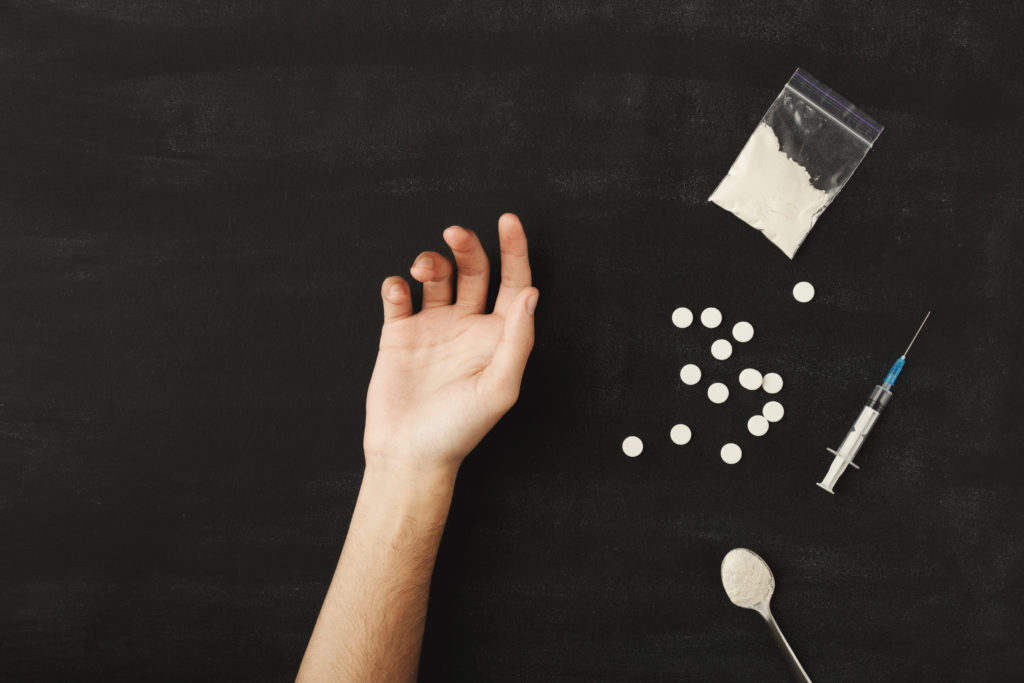
He said the force is “fully aware” of the effects of such drugs in a chemsex context, especially with GHB, and the ways in which long-term use has “significant impact on people’s mental health” and the “chaotic state it’s going to leave for long-term drug users”.
“So, if you are in the scene, be aware of the very significant risk,” Davis stressed.
Chemsex, in one way, provides something of an oasis to many lonely men who have sex with men, Richard Unwin, a sexual offence investigation-trained police officer, said. Such men engage in chemsex for a myriad of reasons, and said not all experiences of chemsex are the same.
“There are common factors [with chemsex],” he said, speaking of a set of recurrent drugs and geosocial applications or websites that are generally used in the scene, but chemsex is a complex and varied practice and culture.
“We see what [chemsex] has in common with a lot of generic crime in other groups of the population is the crime often has an element of risk-taking by its very nature. And for some people, it creates quite a lot of excitement and thrill,” he said, adding that this “stimulation” and sense of “power” are prominent motivators.
Chemsex engulfs people, Unwin said: “What we see in many of the men is that involvement in chemsex has become their life.
“But you see a whole process whereby ordinary function in wider things in life and other connections have, over time, just fallen away. So that it’s almost like they exist in a chemsex bubble.”
Victims of chemsex crimes do not ‘sit in isolation’. Neither do abusers, says probation officer.
Indeed, Unwin said certain forms of violence in chemsex contexts have been reported to the police, which offers blueprints for the authorities to deal with them.
Such violence can be “difficult and traumatic” for the victim, and not only includes sexual violence but “robbery, theft, actual bodily harm and grievous bodily harm”, he said.
“If you try and simplify it, some perpetrators identify a section of society as vulnerable, for whatever reason, and may weaponise geosocial networking and the actual use of the drugs in order to commit an offence.”
Unwin explained that the authorities do not “judge” those who engage in chemsex, and urged: “The message we’re trying to give for anyone who wants to talk to us or disclose to us is that we are aware of what it is.
“Don’t think that should be a barrier to stop you disclosing information to the police.”
Stephen Morris, chemsex crime lead for the HM Prison and Probation Service, described how people involved in chemsex with more nefarious intents act as “predators” who use online sexual offences, and both the cache of the act as well as being able to “trade” illicit materials with other abusers, to “recruit” more people.
He stressed that those engaging in some websites to exercise caution. “You’re not going to notice someone that that may be gradually eroding your boundaries and drawing you into something that, really, you’ve no idea about,” he warned.
More from PinkNews
Stars you didn’t know are LGBT+Celebs you didn’t know have an LGBT siblingThe stars who went gay for pay
Many victims of such abuse “do not sit in isolation, and neither does the offender sit in isolation, that they are connected one way or another to many other lives, either personal family or professional.
“We will often work with a man who has committed an offence and look at the ripple effect of his offending,
“On average, we usually identify at least 70-odd other people that have been impacted, one way or another, by just a single offence. So when we’re talking about harm, it is much, much bigger than just the victim.
“And if you think that some people in this context will have many victims, and so the number of people have affected is immense, really, and some of those will be affected very seriously – people will be traumatised, their lives will be changed forever.”
A representative of the Metropolitan Police was unable to comment, and said they were aware of Alan’s allegations and that it is an “ongoing investigation”.
PinkNews has contacted NastyKinkPigs for comment.



